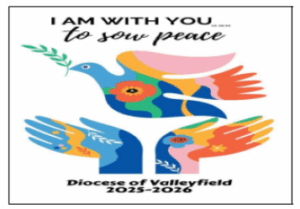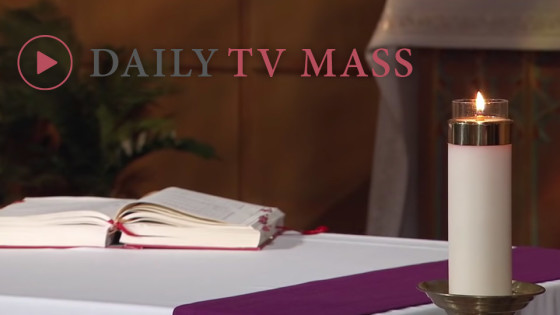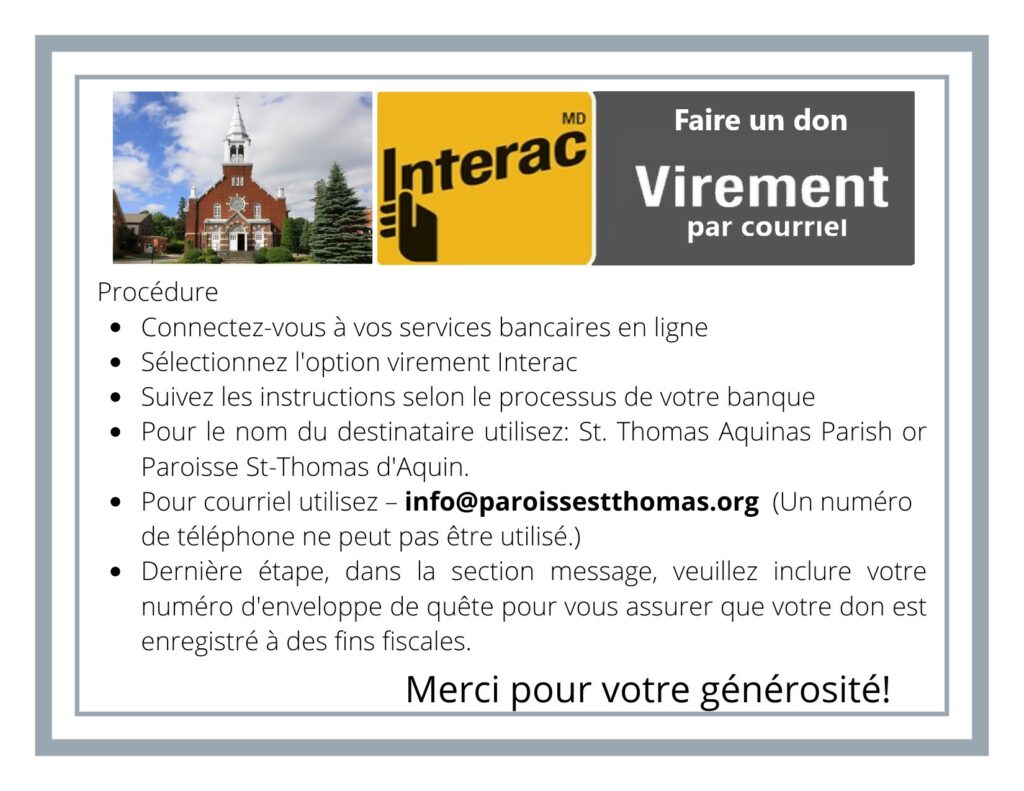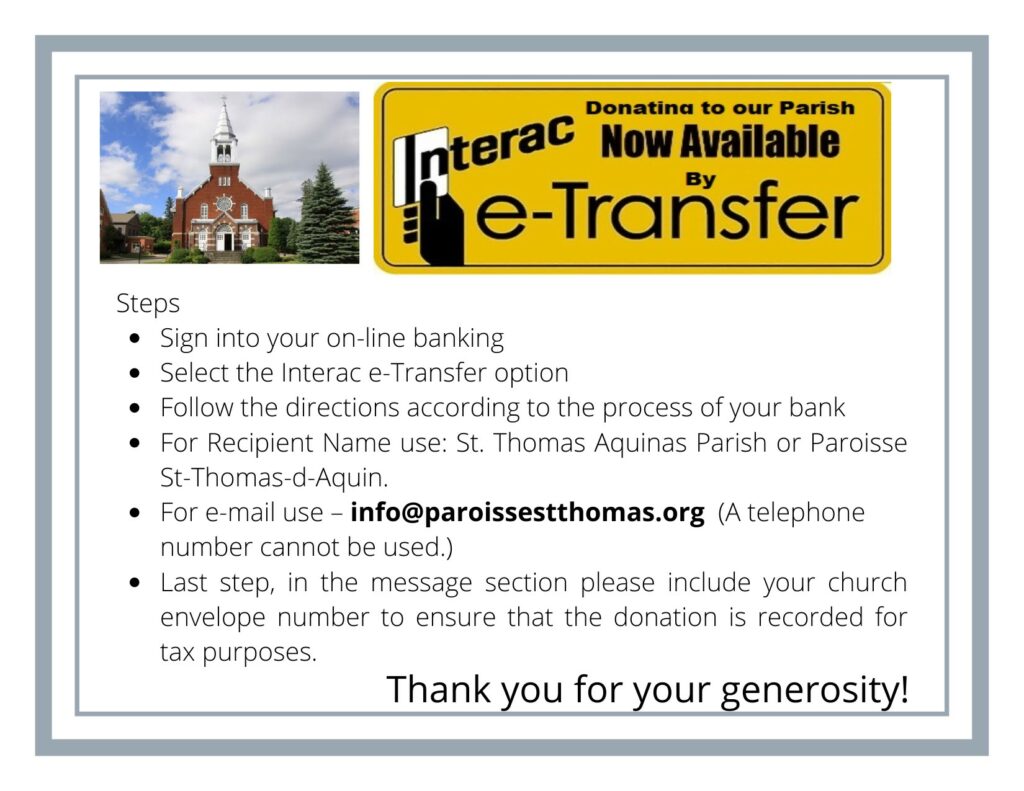Sacraments
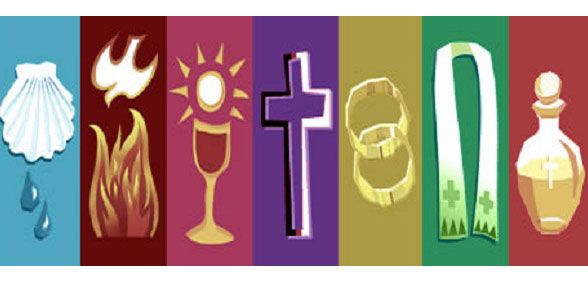
Note: For children in our parish who wish to receive First Confession (Reconciliation), First Holy Communion and Confirmation, please see Sacrament Preparation Program under Faith Formation.
Overview:
The sacraments are the life of the Catholic Church. Each sacrament is an outward sign of an inward grace. Grace is a participation in the life of God and introduces us to the intimacy of the Father, Son and Holy Spirit. Each sacrament is an occasion of experiencing God’s saving presence when they are received meaningfully.
There are seven sacraments instituted by Jesus Christ. They are:
The first three sacraments: Baptism, Confirmation, and Holy Communion are called the sacraments of initiation. They are three steps that allow us to grow in faith and bring us into the mystery of Christ’s death and resurrection.
Note: For adults who wish to receive the sacraments of initiation in our parish, please contact the parish priest.
The Sacrament of Baptism:
The Sacrament of Baptism, the first of the seven sacraments in the Roman Catholic Church is the gateway to life in the Spirit and opens the door to the other sacraments. Through Baptism, the stain of original sin is removed, any personal sins are forgiven, and we are reborn as sons/daughters of God. The baptized are incorporated in and become members of the Church which is the mystical body of Christ.
Contact the parish office to schedule a Baptism. Be ready with the following information:
- Name, birthdate, birthplace, and government registration number of child (found on birth certificate).
- Names, address, and phone number(s) of parents.
- Name(s) and address(es) of the godparent(s) chosen. Please read the conditions godparents must meet.
Note: For families who have not yet had an opportunity to meet with our priest, a meeting will be scheduled 2 weeks prior to the celebration.
Godparents are chosen by the person being baptized or in the case of an infant or child, by their parents. One or two godparents are allowed and if there are two, they must be of the opposite sex. The person chosen to be godparent:
- cannot be the child’s mother or father.
- be at least 16 years of age.
- must be Catholic or Orthodox (at least 1 must be Catholic) and
- have received their First Communion and Confirmation
- as well as living a life in harmony with the Faith.
Protestants are not admitted as official godparents, but they may act as official witnesses at the baptismal celebration and sign the baptismal register.
The parents and godparents should be prepared to assume their role in the baptism of children. They continue to help the baptized person to lead a christian life in keeping with baptism and faithfully fulfill the obligations it contains.
Ref: Code of Canon Law #872 -874
The Sacrament of Confirmation:
The Sacrament of Confirmation is the second of the three sacraments of initiation because historically, it was administered immediately after the Sacrament of Baptism. Confirmation strengthens our baptism and it brings us the grace of the Holy Spirit. Confirmation is given by the Bishop and it incorporates us fully in the Church. The confirmed are called to a personal commitment of witnessing to the faith.
The Sacrament of Holy Communion:
Catholics in Canada today normally receive their First Communion before they receive the Sacrament of Confirmation. The Eucharist is the real presence of Jesus Christ (Body, Blood, Soul and Divinity) that nourishes our spirit and brings us closer to God. This sacrament is the source of great grace that sanctifies us and helps us grow in the likeness of Jesus Christ. For Catholics, the liturgy of the Holy Eucharist or Mass is considered the most important and highest form of prayer. Catholics in the state of mortal sin should go to confession prior to receiving Communion.
Please see our Mass Schedule on the Home page.
The Sacrament of Confession:
Also referred to as the sacrament of Penance and the sacrament of Reconciliation, is one of healing and is a great source of grace. We are called to conversion through repentance. In this sacrament, we celebrate God’s unconditional forgiveness; as a result we are called to forgive others. Catholics are encouraged to take advantage of this sacrament often.
Before each Mass and by appointment in our parish. Please read how to prepare for confession.
Before celebrating the Sacrament of Penance or Reconciliation, be sure to prepare with an examination of conscience reflecting on The Ten Commandments and the teachings of the Church.
The Sacrament of Penance and Reconciliation includes the following steps:
- The priest greets us, and we pray the Sign of the Cross. It is then customary to tell the priest how long it has been since your last confession. He may read God’s Word with us.
- We confess our sins. The priest may help and counsel us.
- The priest gives us a penance to perform. Penance is an act of kindness or prayers to pray, or both.
- The priest might ask us to express our sorrow, usually by reciting the Act of Contrition.
- We receive absolution. The priest says, “I absolve you from your sins in the name of the Father, and of the Son, and of the Holy Spirit.” We respond, “Amen.”
- The priest dismisses us by saying, “Go in peace.” We go forth to perform the act of penance he has given us.
- Remember to thank the priest before leaving the confessional.
The Sacrament of Marriage:
Also known as the sacrament of Holy Matrimony, is a lifelong union between a man and a woman for procreation and mutual support. It is a public sign that one gives oneself totally to the other person. It reflects the union of Jesus Christ and His Church.
Please contact our pastor six months in advance. Please see our Marriage preparation page.
The Sacrament of Holy Orders:
The Sacrament of Holy Orders is the continuation of Christ’s priesthood, which He bestowed upon His Apostles. The Ordained takes vows to lead other Catholics by bringing them the sacraments (especially the Eucharist), by proclaiming the Gospel, and by providing other means to holiness. There are three levels to this sacrament: the episcopate (Bishop), the priesthood (Priest), and the diaconate (Deacon).
The Sacrament of the Anointing of the Sick:
Formally known as Extreme Unction or Last Rites, this sacrament is administered both to the dying and to those who are gravely ill or who are about to undergo a serious operation. It is a sacrament of healing appropriate not only for physical but also for mental and spiritual sickness. The anointing of the sick is not a substitute for medical care.
Emergency, accident, sickness, death or visit to the sick – call the pastor.
“You have made us for yourself, Lord, and our hearts are restless until they rest in you”
― St. Augustine, “The Doctor of Grace”
